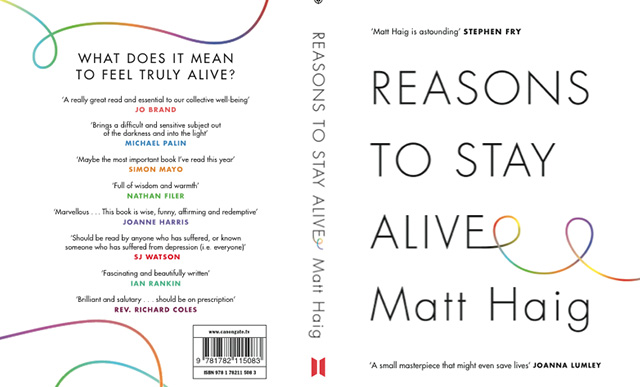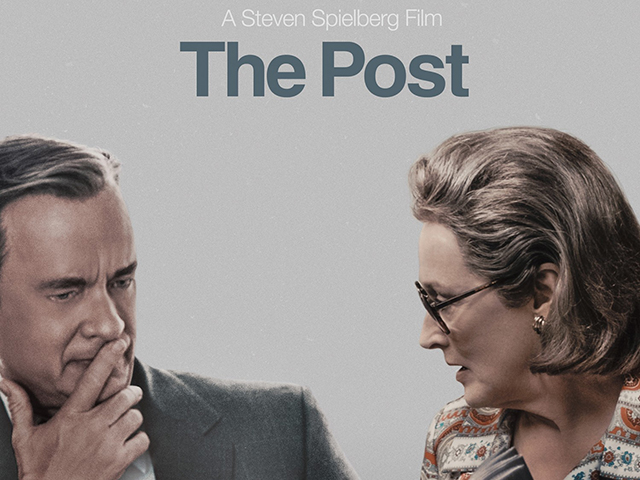
[dropcap]R[/dropcap]easons to Stay Alive gives the reader not only what its title describes, but an insider’s perspective on living life with mental health problems.
This book deals with anxiety and depression, issues very familiar to the author, with honesty and critical distance. It is difficult to read at times, but you will learn a lot more about them by reading this book.
Haig begins by saying he could not have written the book 13 years ago at the height of his depressive stage. This stage began for him all at once in his early twenties and remained for many years, affecting and changing his life forever.
Although the author says it all came at once, he also delves into his past and admits the signs of depression and anxiety were always there growing up. They just didn’t hit him until they suddenly did.
The honesty and self-exploration Haig displays in this novel is a keen thing to witness. It is inescapable. It can get overwhelming at times, but as Haig mentions in the book, everything comes in peaks and troughs. The book has moments of intense descriptions of his depressive episodes that are sometimes too vivid to read.
There are chapters where the author talks to his former depressed self. These can feel like you are peering through a crack in the doorway, listening in, but they are very useful to those who could be feeling the same way as Haig 14 years ago, when it all began.
These are contrasted by articles about what helps the author carry on, such as running, reading and being with his loved ones. Such simple things ground the book and remind the reader that Haig improved and he did not feel this way forever.
The chapters travel through time and mental space across all realms of the author’s life over the past 14 years. From living with his girlfriend in Ibiza, to moving back in with his parents at his worst and not being able to visit the corner shop alone without a panic attack gripping him and manipulating his thoughts.
For those who have not experienced any version of what Haig went through, the book gives a valuable insight into what someone you know could be facing or what you yourself could be be living with in years to come.
That is one thing the author makes very clear. Depression, anxiety and any mental health problems can affect anyone and everyone. Haig goes so far as to make a list of celebrities who have been through them. This hammers home the point that depression and anxiety do not pick and choose who to affect. Being rich or successful is not an immunity against mental health problems.
Recent CSO figures have shown that men accounted for eight out of 10 deaths by suicide in Ireland last year. Although this book was released in 2015, it continues to be relevant when these statistics remain so stark. Men who are facing the same problems as Haig should read about his experience and be reminded that they are not alone.
One of the book’s best chapters describes how depression is smaller than you.
“It may be a dark cloud passing across the sky, but – if that is the metaphor – you are the sky. You were there before it. And the cloud can’t exist without the sky, but the sky can exist without the cloud.”
This is vital to remember even when it feels like it can’t possibly be true. Haig realised it after many years of depression and anxiety, and so too can the readers.
Orla Dwyer
Image Credit



